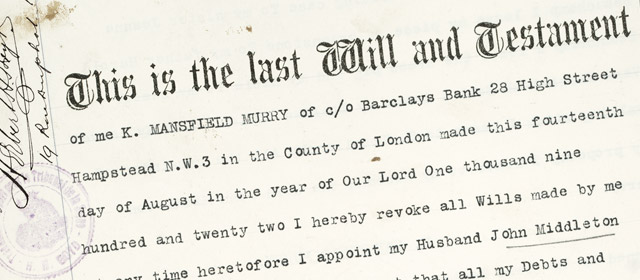Story summary
Inheritance is the process of transferring estates to other people at death. Estates include a wide range of assets – money, houses, businesses, land and smaller items.
Most estates are left to family members. For a couple, the estate is usually passed on to the surviving partner – then, when they die, to their children.
Beneficiaries
Traditionally, a wife only received the interest from her husband’s estate – the assets were left to their children. However, this has become less common.
Primogeniture (inheritance by the eldest son) sometimes occurred in New Zealand in the 19th and early 20th centuries. Some families left less valuable items to daughters. However, by the late 20th century sons and daughters were usually treated equally.
Some older people sell the family home and buy a cheaper house, or use the money tied up in their home. This leaves less for their children to inherit.
Māori inheritance
In traditional Māori society, leadership, land and resource rights could be inherited. Ancestral land was passed down on the basis of continuous occupation (called ‘ahi kā roa’, a long-burning fire).
After 1865 Māori land succession was overseen by the Native Land Court. Until 1873 only 10 names could be listed on land titles, and they became the legal owners. After 1873 there was no limit on the number of owners.
Today, Māori land can only be left to people who are related through biological kinship, partnership or adoption.
Wills, trusts and bequests
- Wills are written, witnessed statements that express a person’s wishes about the disposal of their estate after death. People who die without a will are said to die intestate, and the court distributes their estate.
- Family trusts hold assets like cash and property for the benefit of family members.
- Charitable trusts hold assets for charitable purposes. They can be set up as part of a person’s will.
- Bequests are gifts made in a will to people or charitable organisations.
Contesting wills
From 1900 husbands, wives and children could challenge wills if they were not adequately provided for. In the 21st century de facto and same-sex partners could also contest wills.
Farm inheritance
Family farms are usually transferred to the next generation before the owners die. Farms typically pass to one successor (usually a son), but he may buy it from his parents, and may also work with them on the farm before they retire.




